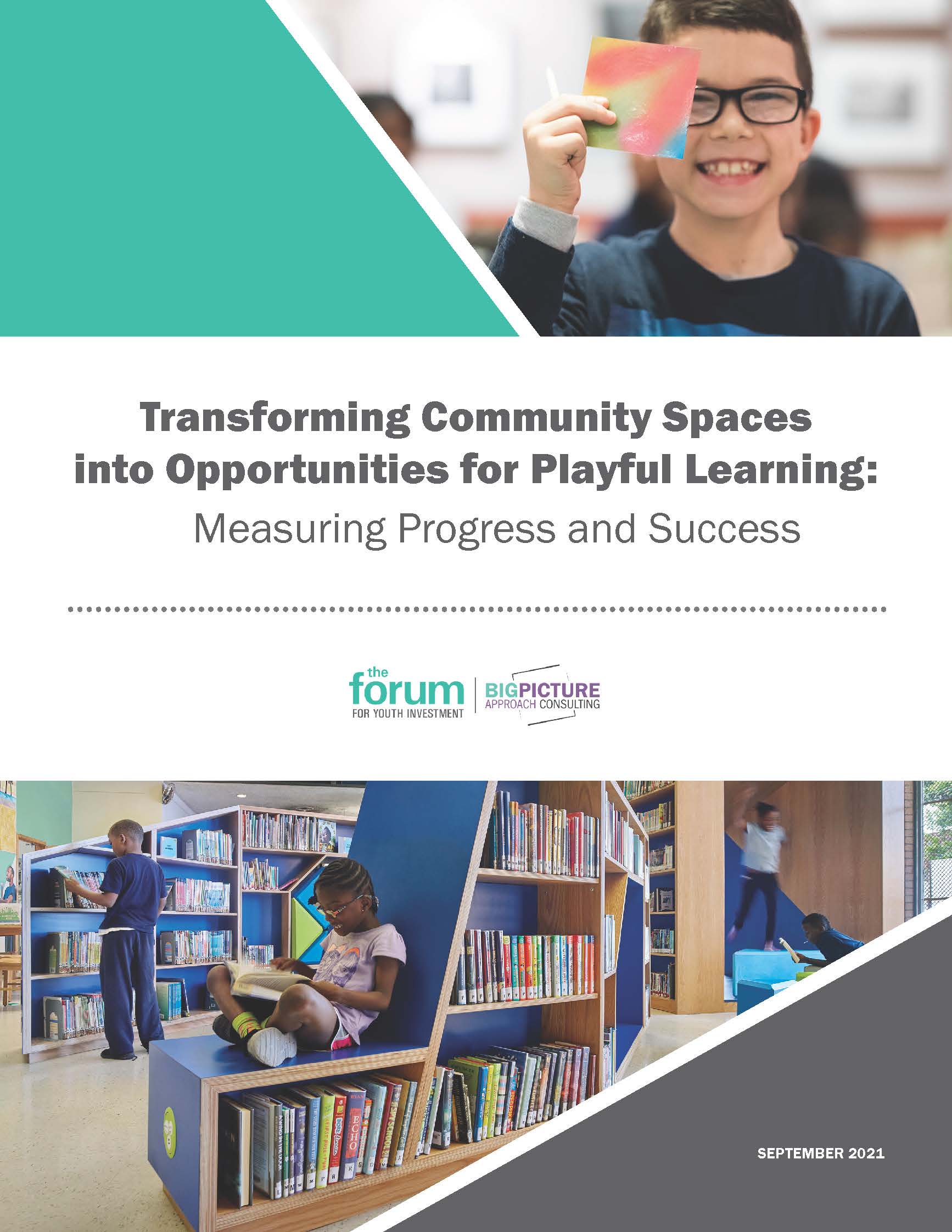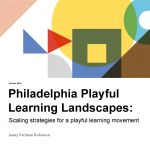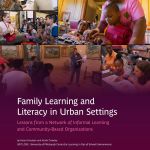Transforming Community Spaces into Opportunities for Playful Learning: Measuring Progress and Success
While high-quality preschool and early elementary programs are necessary early literacy supports for children, most young children in the United States only spend about 20% of their waking hours in formal classroom settings. This leaves enormous opportunity to create literacy-rich environments across the many places where children and families spend time—museums, libraries, parks, and playgrounds outside of formal learning settings. The COVID-19 pandemic, when many young children were not able to access formal learning settings, made it even more apparent that children need to access experiences in a wider range of enriching learning opportunities, including in the many places they go every day. The need to expand where and when children and caregivers experience literacy-rich environments elevates the role that playful learning can play in supporting new and creative ways to learn outside of the classroom.
Playful learning refers to the type of play in which children are actively exploring an engaging activity embedded in a relevant, meaningful context that is structured by caregivers or the environment to guide children toward focusing on the elements that promote learning. An important component of playful learning is that activities are facilitated by adults through enriching the play environment with learning materials, scaffolding children’s discoveries through commenting on them, asking open-ended questions, and suggesting new ways to engage with the materials and the space. Further, playful learning has explicit learning goals. Evidence suggests that all forms of play are valuable to learning and development, and that playful learning can help develop specific skills with regard to literacy, mathematics, and spatial relations, among others
Playful learning occurs in formal (school) and informal learning (afterschool) settings. This brief focuses on playful learning in nonformal settings throughout a community. It describes the landscape of playful learning possibilities in community spaces, presents the emerging evidence-base that demonstrates that playful learning, and particularly guided play, can positively impact child and family literacy, and concludes with some methodological challenges and opportunities for evaluating playful learning in community spaces.
Published: September 2021



